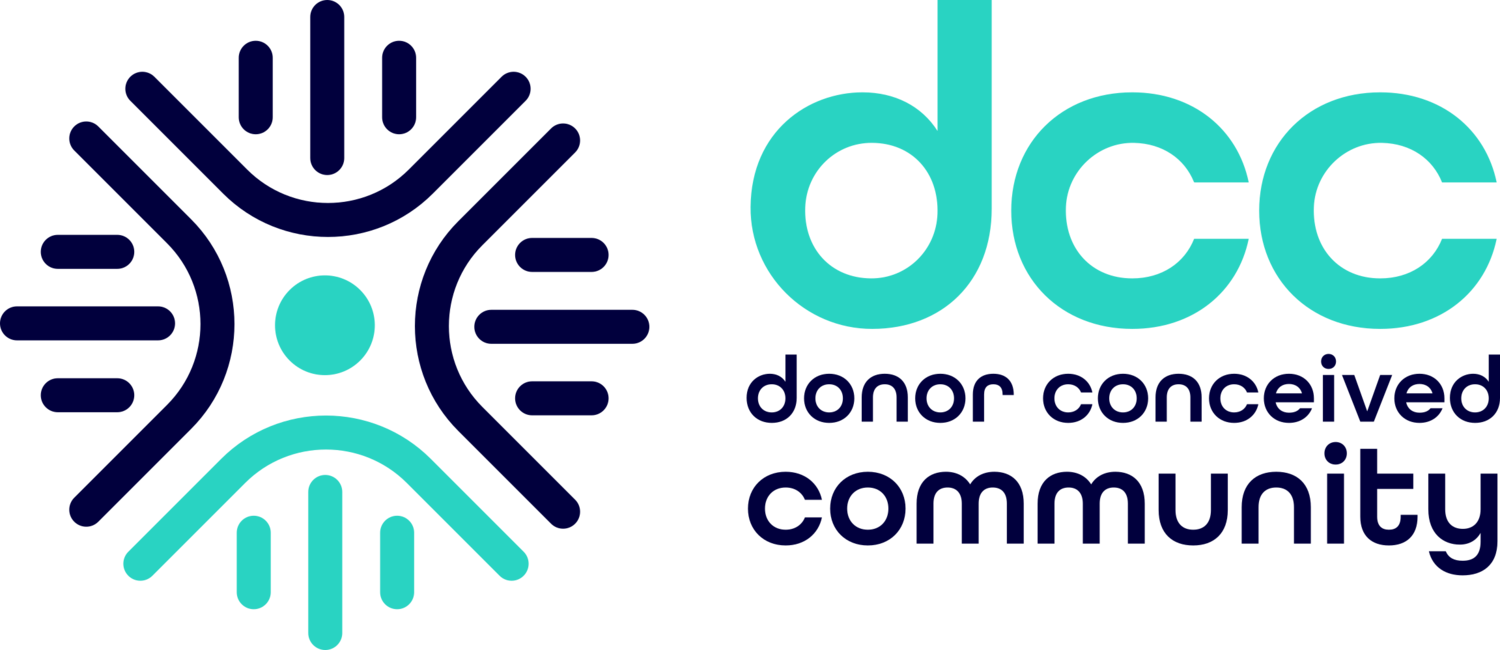Is finding “fine” good enough?
When study results are published, it's always interesting to see how they are interpreted in headlines. As a parent or professional, what would you take away from this headline-
"Kids Born Via Egg Donors, Surrogacy Grow Up Just Fine, Study Finds"
vs. this one?
"Why Parents Should Be Open With Their Kids About Donor Conception"
The first headline is for an article that identifies the main takeaway of the study as, "The kids, no matter how they are conceived, are all right.“ They quote study author, Susan Golombok, "The absence of a biological [genetic or gestational] connection between children and their parents does not interfere with the development of positive relationships between them or the psychological well-being of the child."
That's reassuring to parents who have used (or are considering) donor conception. And great news for the ART industry.
But keep reading. You'll find the study results we should really pay attention to as parents and industry professionals.
1) 7% of moms who disclosed (donor conception) information by age 7 reported problems in family relationships, compared with 22% of those who told their kids after they turned 7.
2) Young adults told about their origins earlier scored higher on measures of their perception of their mother's feelings towards them, communication and psychological well-being.
3) 12.5% of kids told about their origins before age 7 reported problems on the family relationships questionnaire, a full 50% of young adults told about their birth at later ages reported such issues.
Reporting on people who are "fine" without explaining why they are fine does a disservice to parents in need of support resources. Parents disclosing early improves family outcomes- that's newsworthy.
Let's help parents tell their children.
Reporting on people who are "fine" without addressing those who are "not fine" does a disservice to the donor conceived people who are not told and the families bearing the weight of secrecy. Yes, some donor conceived people are fine. But secrecy IS harming families. Clearly, we have to solve the problem of disclosure.
It's especially worth noting that for all the people who are fine, fertility professionals specialize in helping those that are not fine.
Would you quote this recent study to a person trying to conceive? One that "found no differences in life satisfaction and limited differences in personality traits between child-free individuals and parents, not-yet-parents, or childless individuals.”
Of course not.
Your mission, as a fertility specialist, is to help those who are not fine with being childless.
Similarly, while many donor conceived people are fine, we support those who are not.
The true takeaway?
Accessible, effective fertility treatment + support for parents and donor conceived people go hand in hand.
Let's work together to help those that are not fine.
